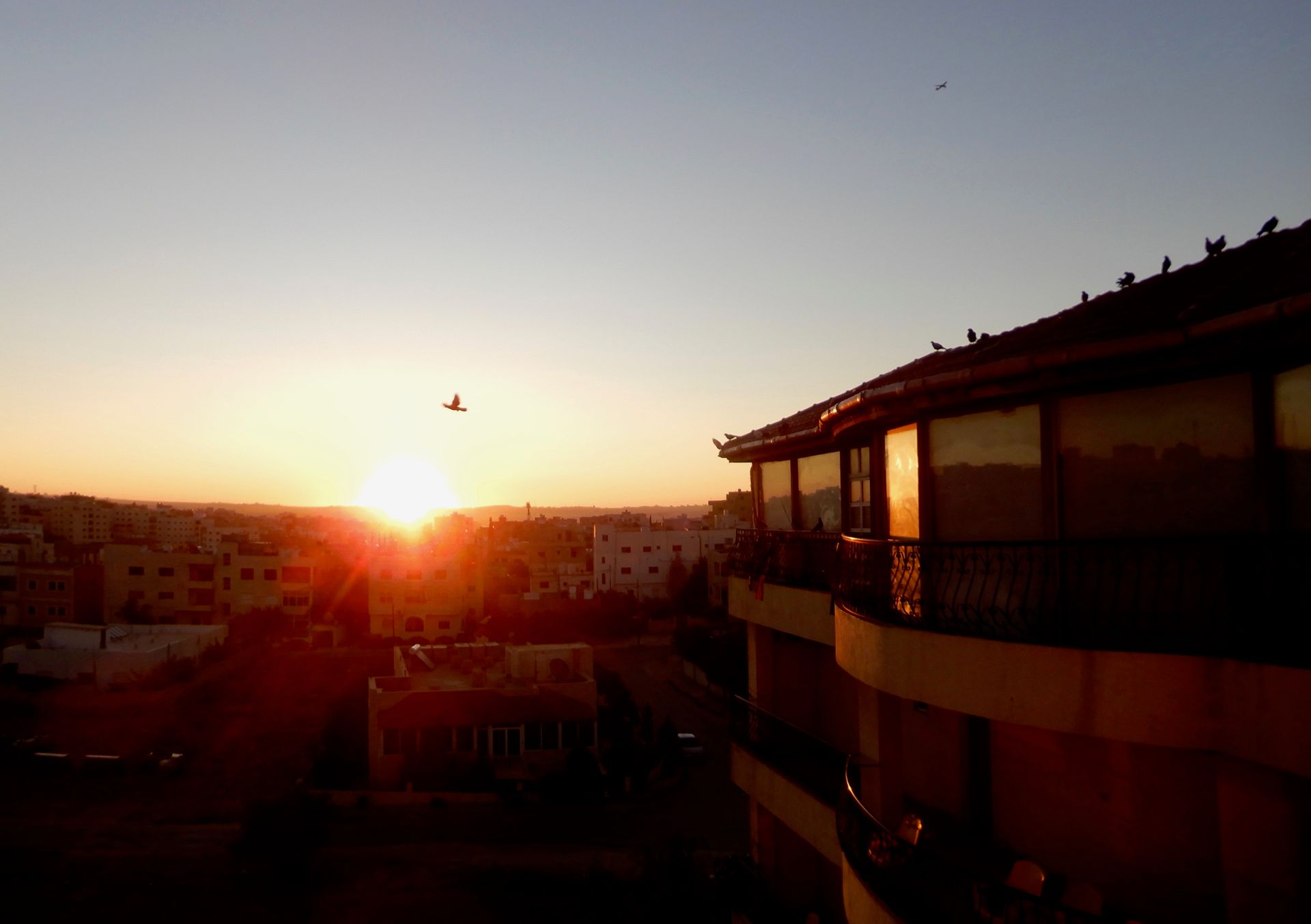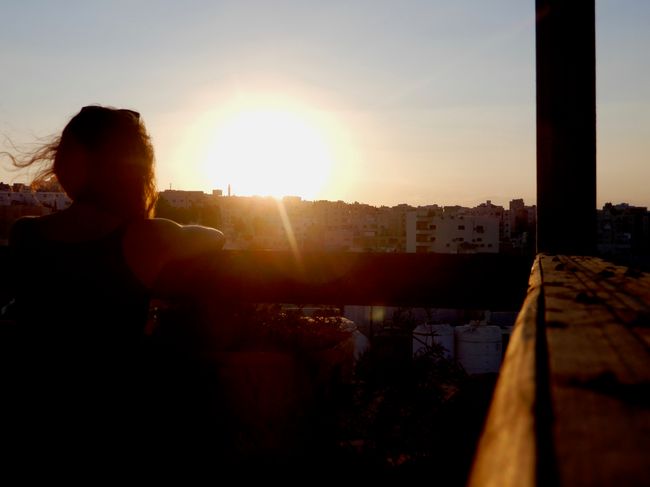Oh beautiful Nablus
Foillsichte: 28.02.2020
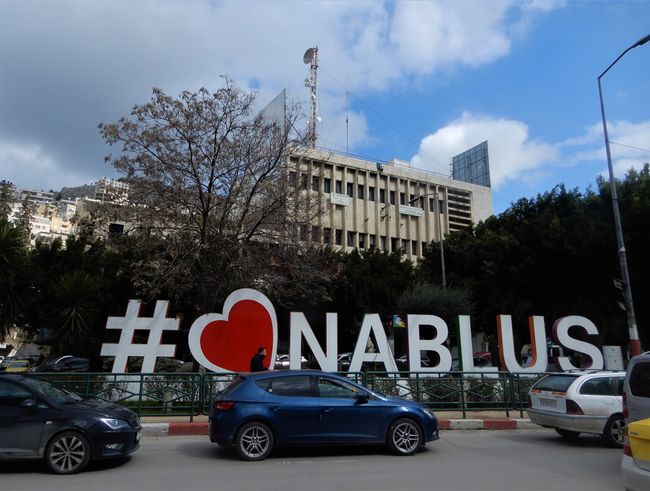
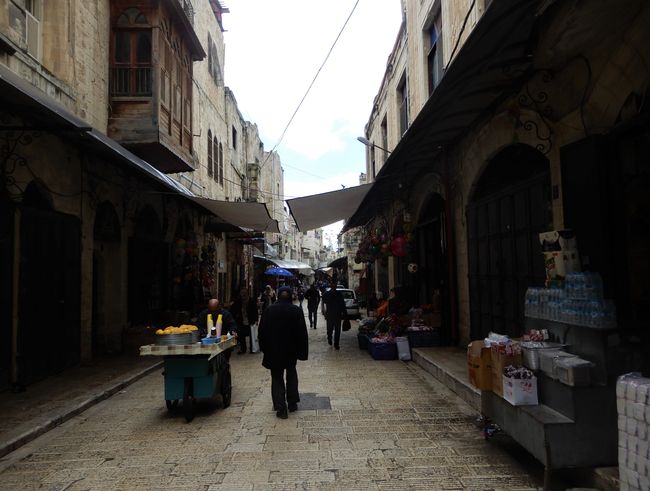
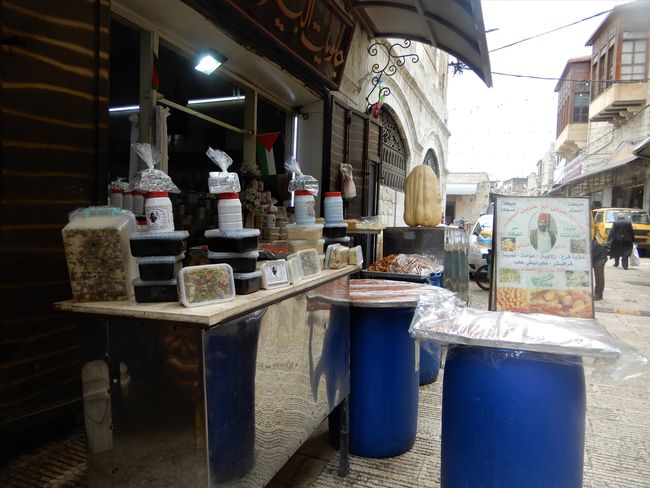
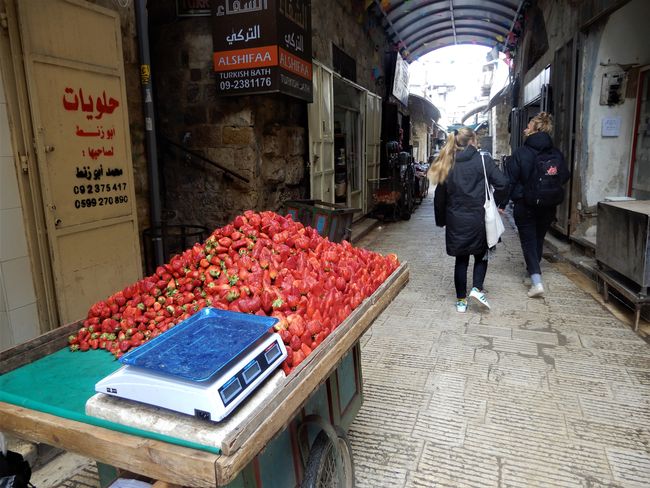
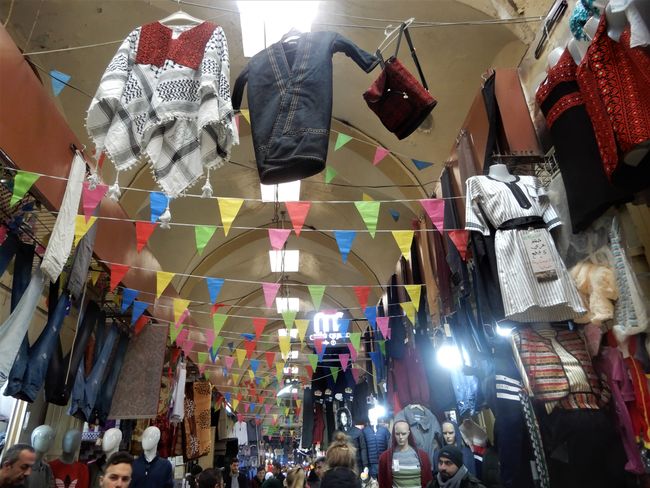
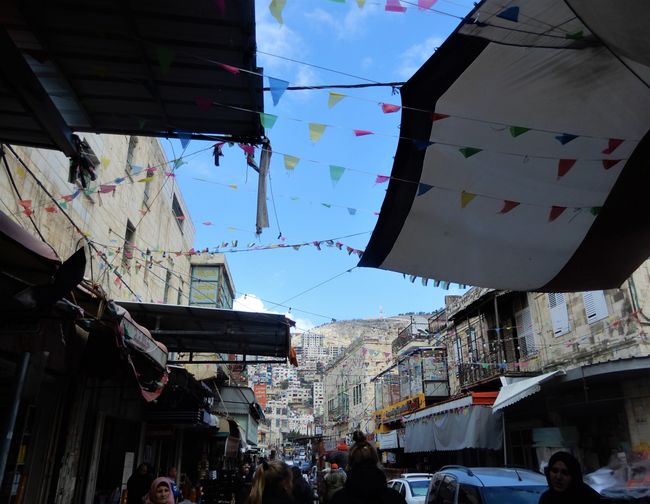
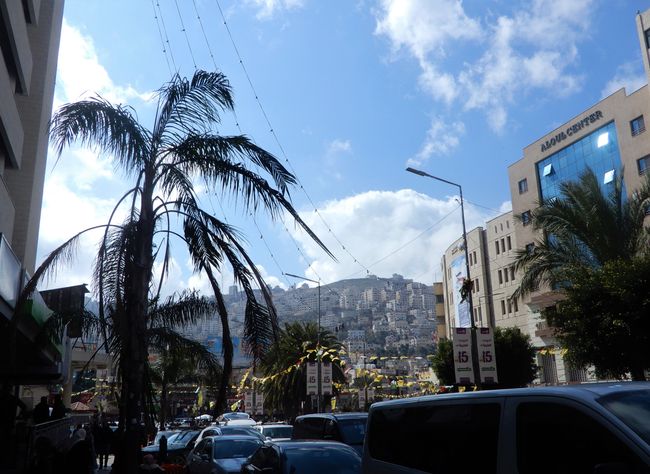
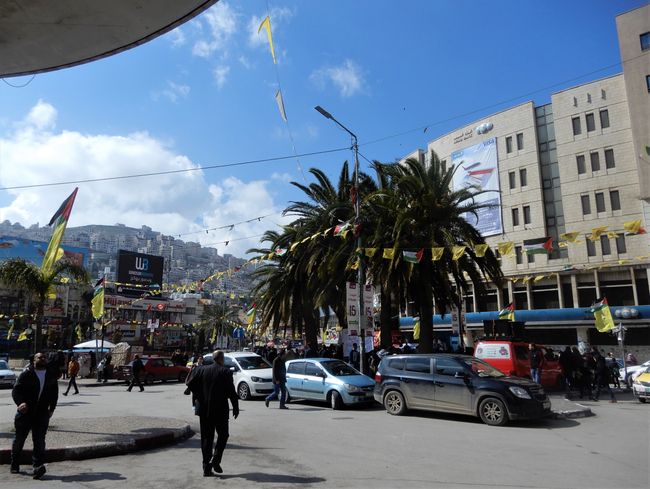
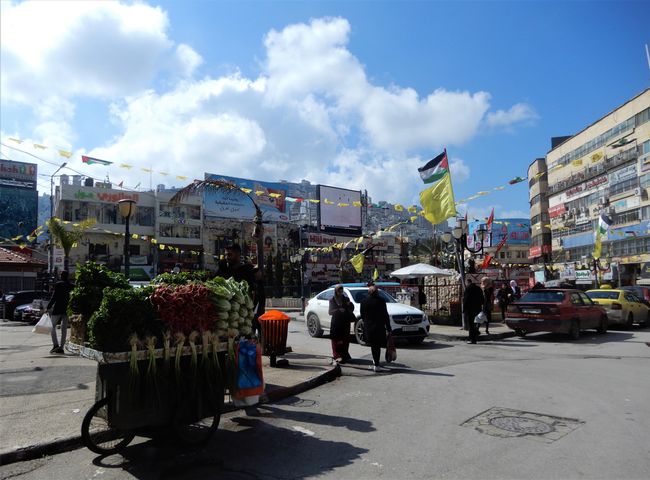
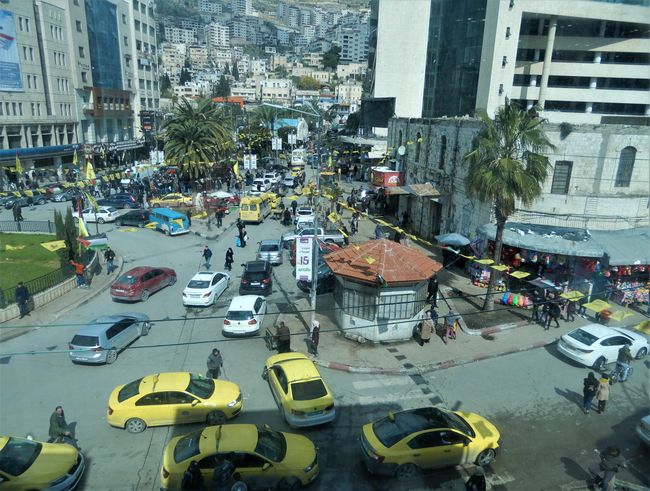
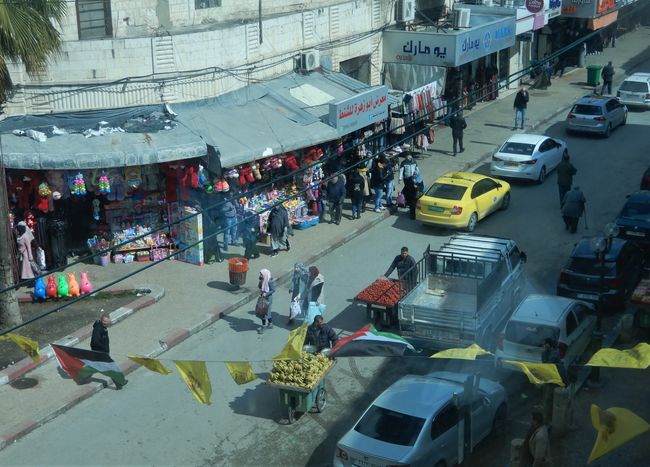
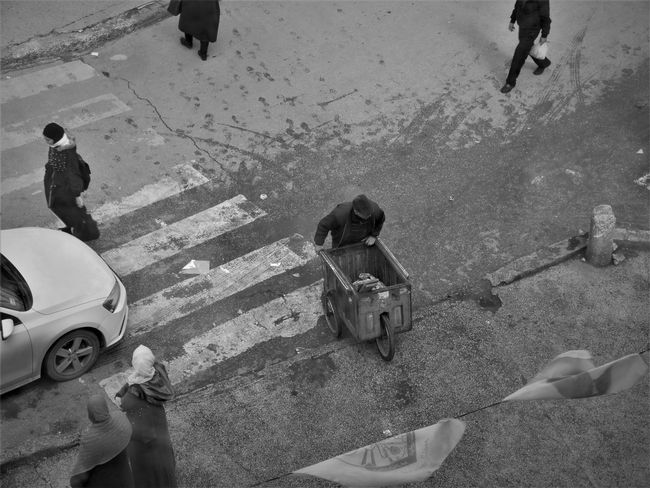
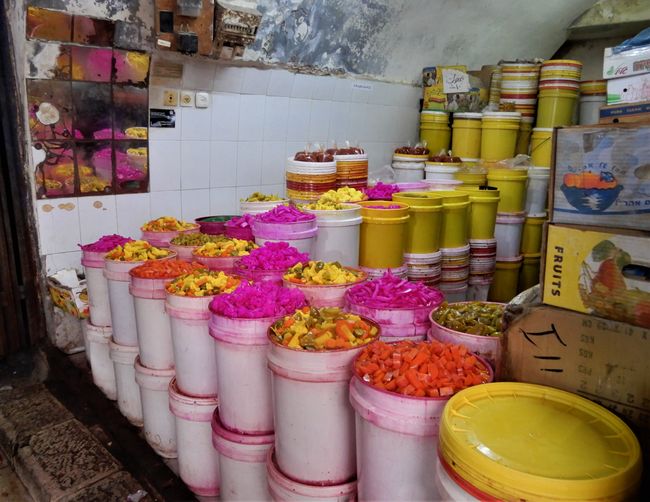
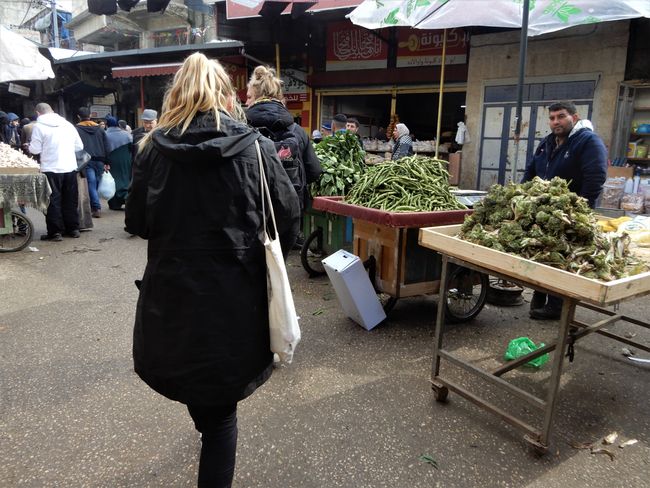
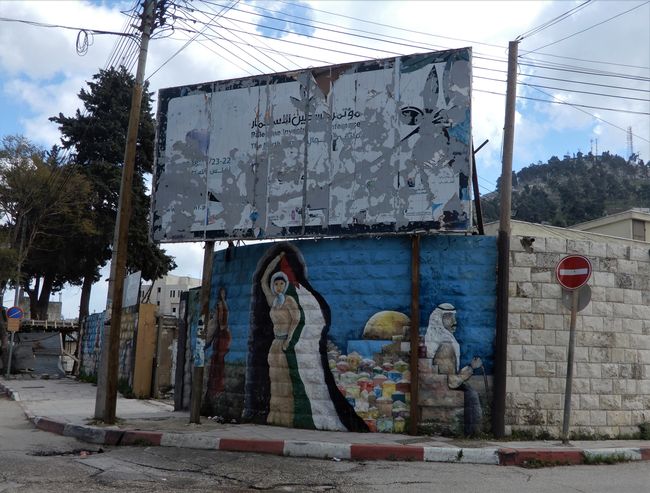
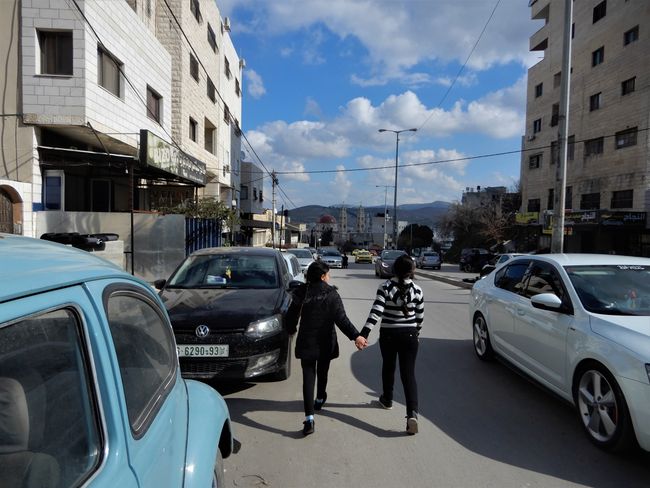
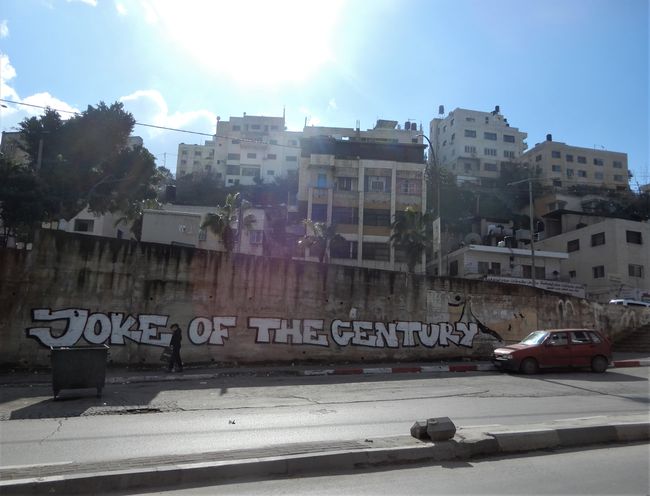
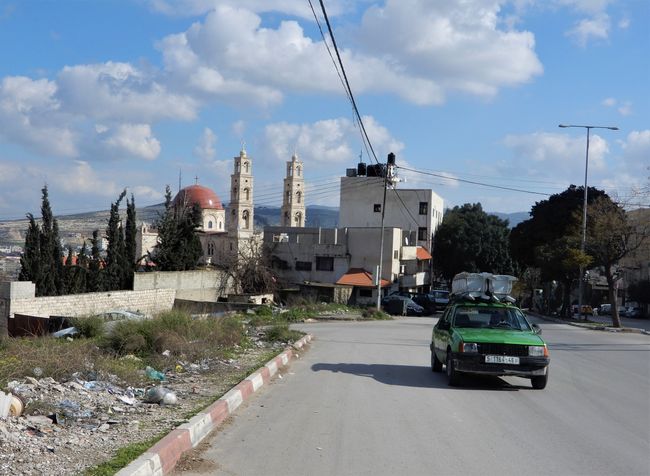
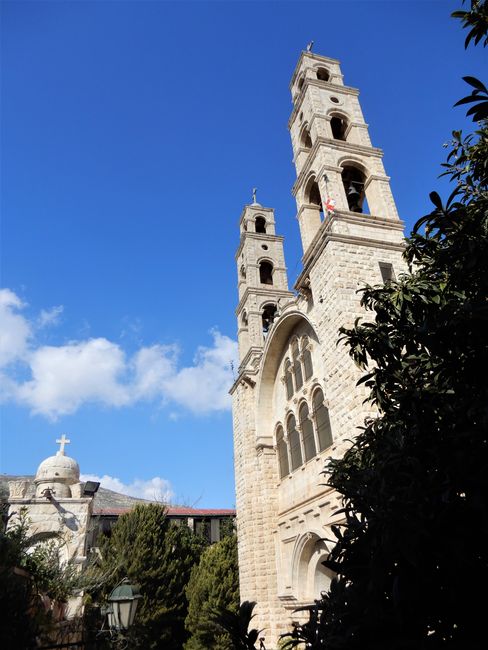
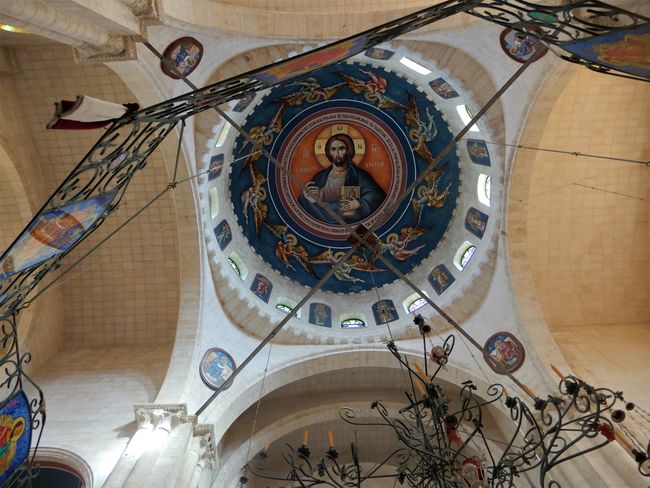
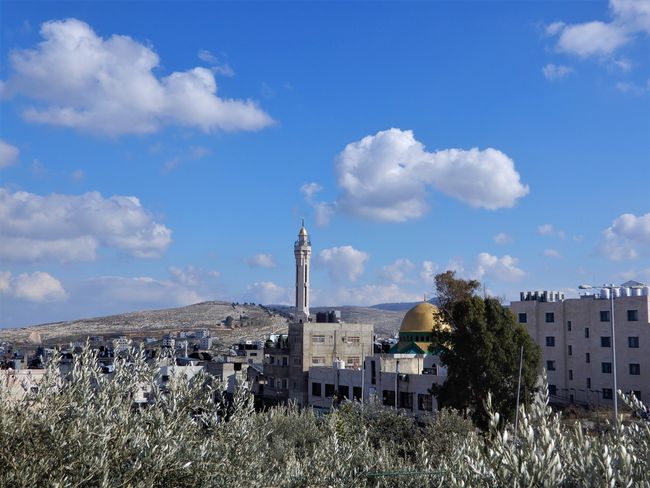
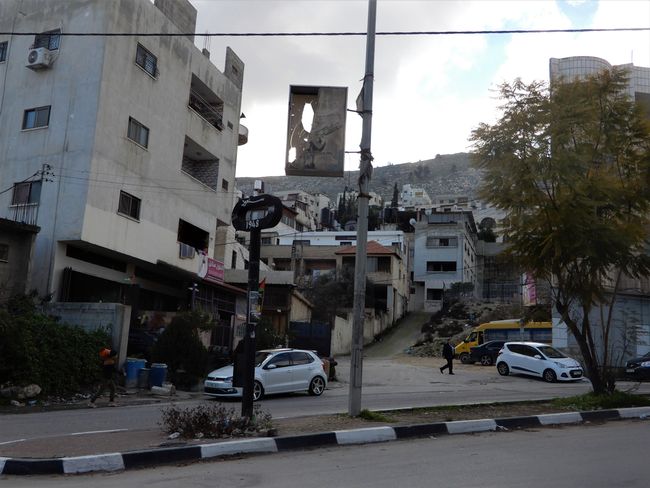
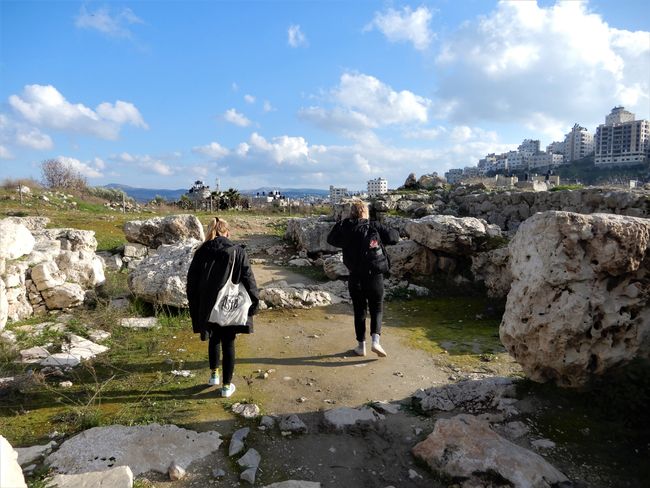
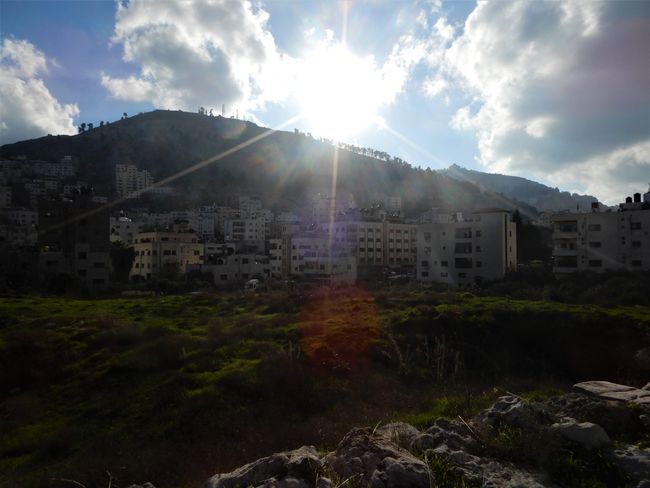
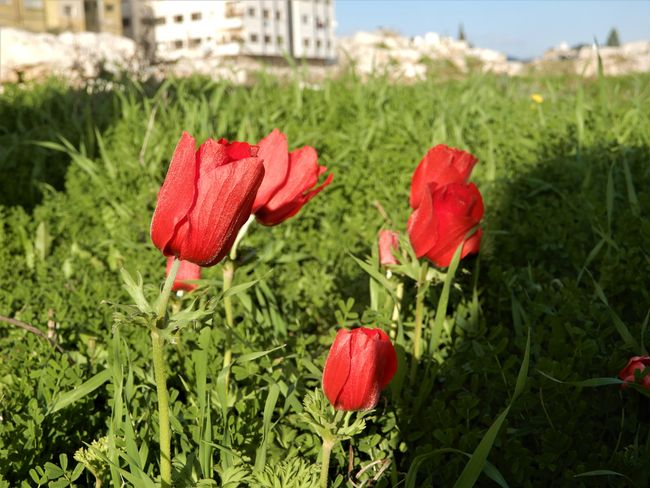
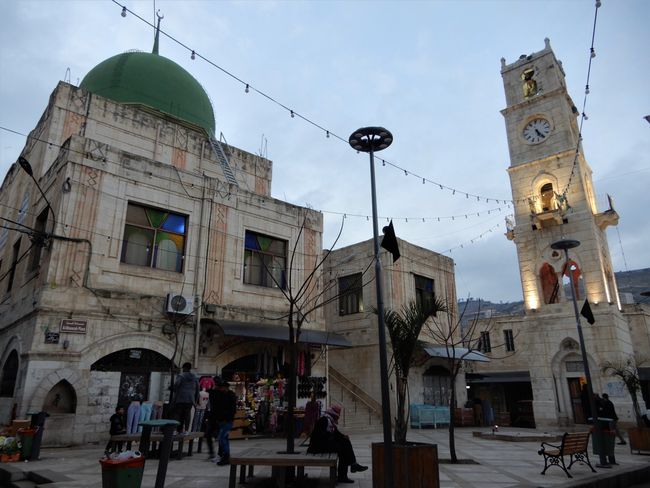
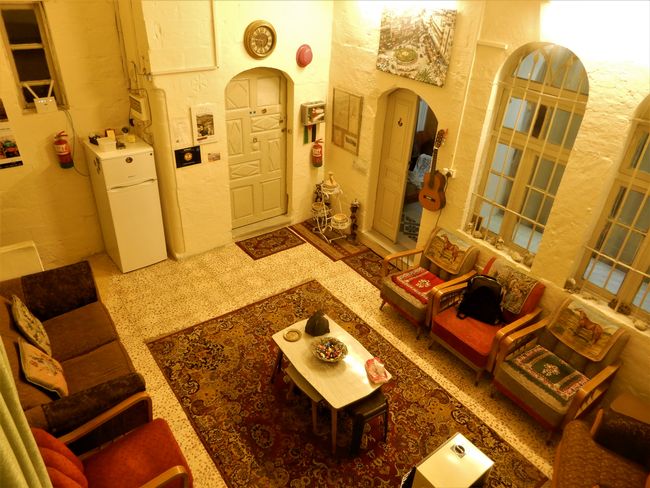
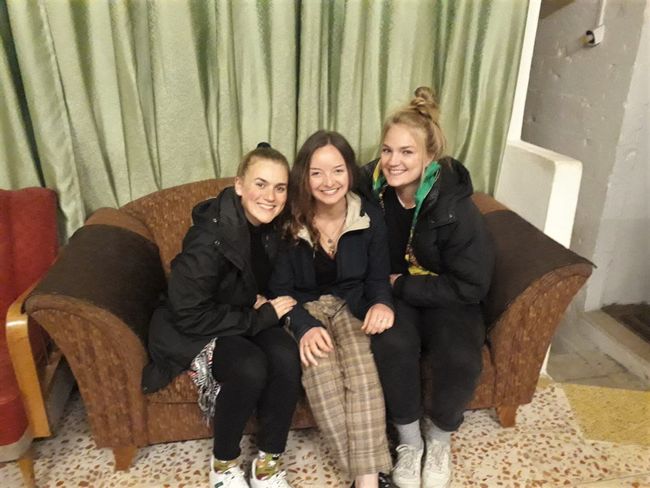
Subscribe to Newsletter
Thursday, February 20
9 am. Sami brings us traditional Palestinian sweets made from semolina, which we have for breakfast with a cup of coffee before heading out for a tour of Nablus. I have heard from many sources that Nablus is the most beautiful city in the West Bank, and now I understand why. The old city is truly uniquely beautiful. Colorful flags flutter from above in the market alleys, reminiscent of Jerusalem's old city, yet with its own charm. We pass stalls with fresh vegetables and fragrant knafeh and enjoy the bustling market, which is lively and vibrant a day before the holy Friday.
Another thing that stands out to us: the friendly people. We just have to stop at a corner for a moment to orient ourselves, and we are immediately asked from different sides if everything is okay or if we need help. In an incredibly nice, unobtrusive way. I have rarely felt so comfortable in a place.
We arrive at a large square, where countless Palestinian and yellow Fatah flags are happily waving. From a distance, we can already hear shouts through a megaphone - a small demonstration, as we realize as we get closer. Completely peaceful and in a small area. Trump's "Deal of the Century" ensures that the demonstrations in Palestinian territory will not decrease for the time being. We walk past it, straight to a local restaurant recommended by Clara from her last visit to Nablus. Sitting on the second floor in front of a huge window, we have the best view of the large bustling square and enjoy a delicious hummus breakfast there.
We could sit there for hours, but eventually we decide to explore Nablus a bit more. We read that Jacob's Well is still here. According to tradition, Jacob, the Israeli patriarch, dug a well on the site, where there is now an Orthodox church. It is also the place where his son Joseph is said to be buried. We enjoy the walk under the blue sky to the beautiful church with its red dome, where a friendly custodian leads us down to Jacob's Well in the basement. He tells us that we are not allowed to take pictures here, but he demonstrates the depth of the well by pouring down a stream of water - it is 40 meters deep.
After spending a short time in the church grounds, we continue to the archaeological excavations of the city of Shechem, which are located right in the middle of Nablus. Shechem was an ancient city mentioned in the Old Testament as a place where Abraham passed through the land of Canaan. We are supposed to pay an entry fee here, but first we are allowed to watch a short film about Shechem, which is shown in a small building on the excavation site. For some reason, the 15-minute film has a really sleep-inducing effect on us, and we all hang in our chairs with heavy eyelids after it ends. A staff member from the archaeological center sees the situation and brings us a tray with black tea and coffee. So we have a short chat with him over a caffeine snack, and as a result, we are allowed to visit the Shechem excavations for free. Not bad at all.
We hitchhike back to the city, where we stop at two different knafeh shops for a little snack in between. Our promise to ourselves not to eat knafeh for the next few months after the huge portion we had last night has been completely forgotten. The sweet cheese delicacy is just too good. Shortly after returning to Sami's guesthouse, we listen to the evening prayer from the rooftop terrace and take a short break to relax.
While the other two take a nap, I chat with Sami in the common room, where he initially welcomes a Polish couple who are traveling by bike through Israel and Palestine. Nablus is their first stop in the West Bank. They tell us that they were stopped by an Israeli driver when they arrived at the checkpoint to the West Bank. They were advised not to enter. It is dangerous. It's almost sad that stories like these no longer surprise me at all.
My conversation with Sami ends with him inviting us to his family in the evening - to have a good time together with music. And we don't need to be told twice. After a successful rest, we freshen up quickly and then walk with Sami through the old city of Nablus until we reach his mother's apartment, where he lives with her. His mother opens the door and greets us warmly, as does her sister. Another resident of Sami's guesthouse is already sitting in the living room, as well as his niece, who offers us her shisha with a smile, and two little nephews. We take a seat on the large couch and Sami immediately sits in front of his keyboard, treating us to Arabic music for the rest of the evening. His mother and aunt (80 and 76 years old, respectively) start using the middle of the room as a dance floor. I have never seen women of that age move like that. Their eyes are full of joy. We watch them fascinated for a long time, until Sami's mother pulls us onto the dance floor and twirls with us.
Throughout the evening, more and more family members join us, who also alternate between the couch and the dance floor. Sami's mother also never stops feeding us: cake, then tea, then coffee, then popcorn, then chocolate, then bread with olives and tahini, then more popcorn, then more coffee. Even though we have only known all the people present here for a few hours, it feels like we are one big family. Full of warmth and joy. It really is the perfect ending to our trip.
Subscribe to Newsletter
Freagairt
